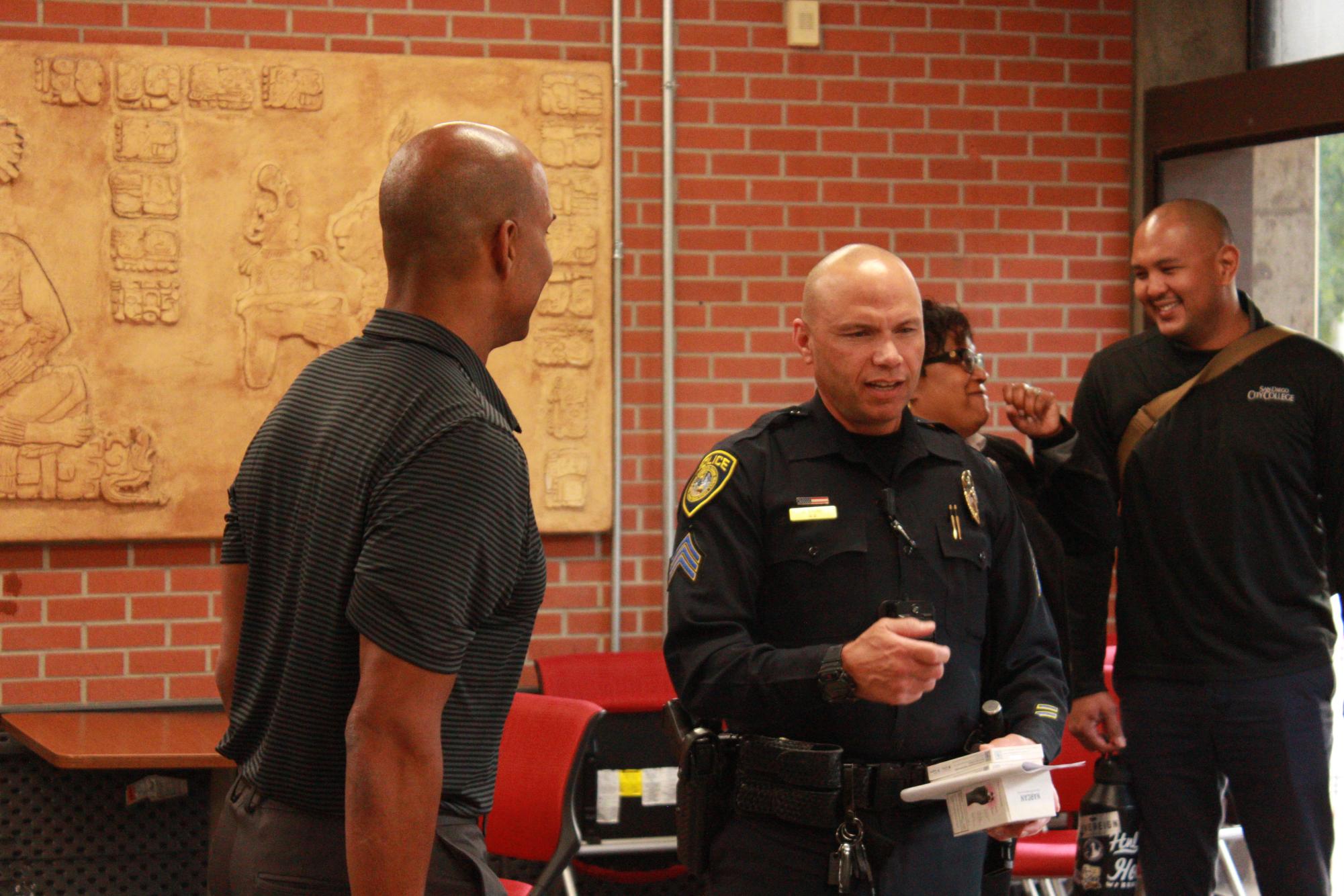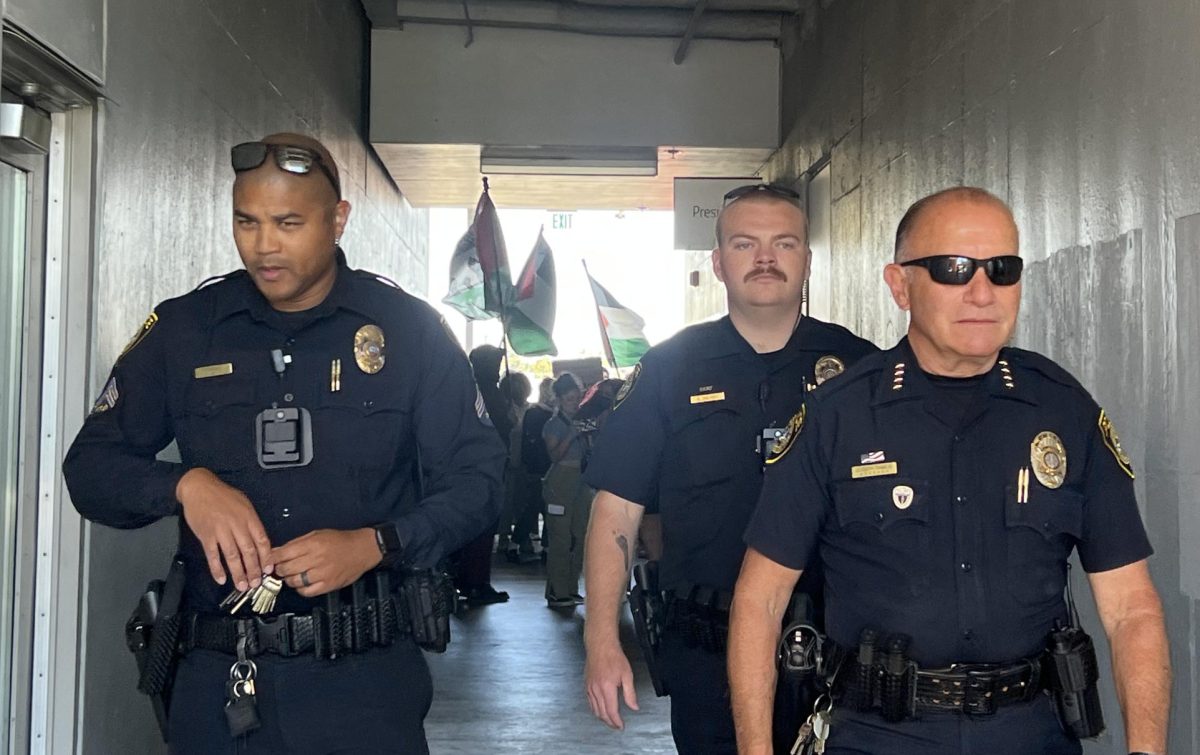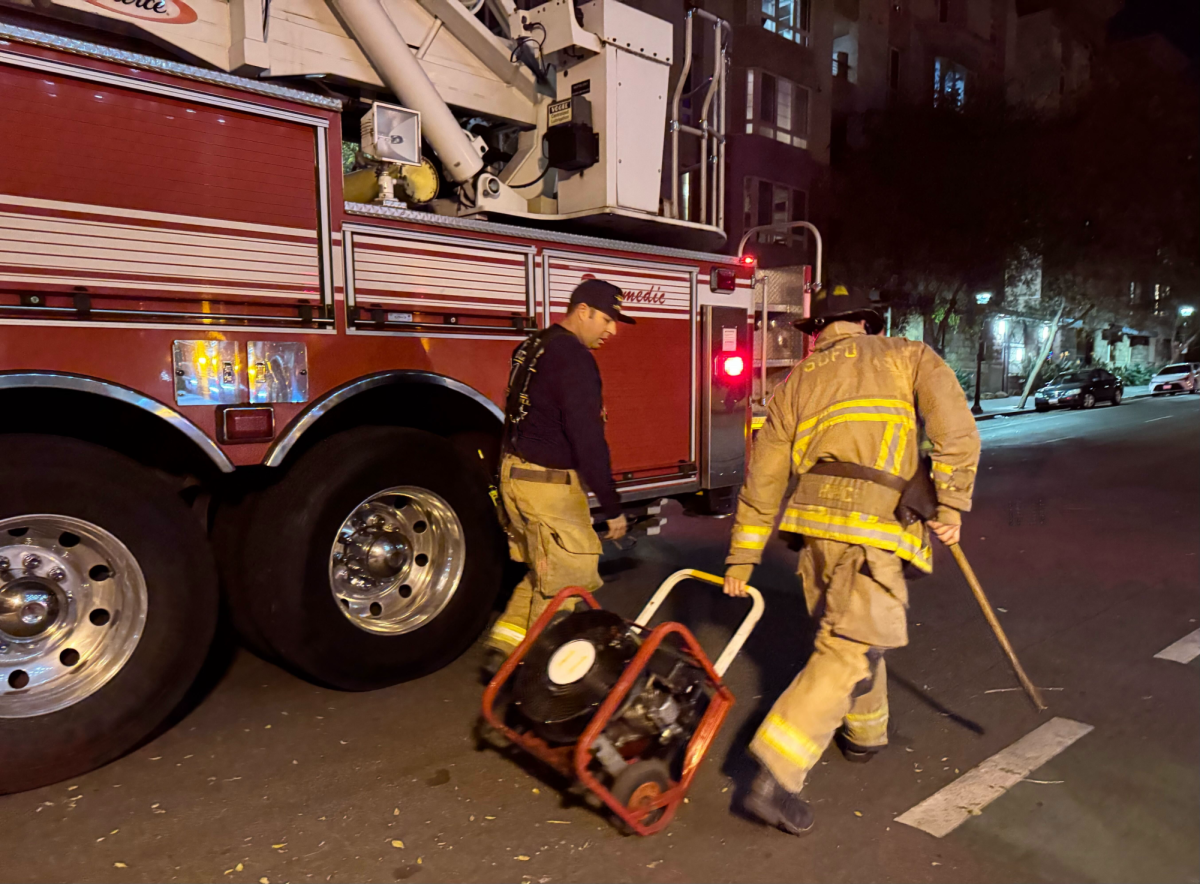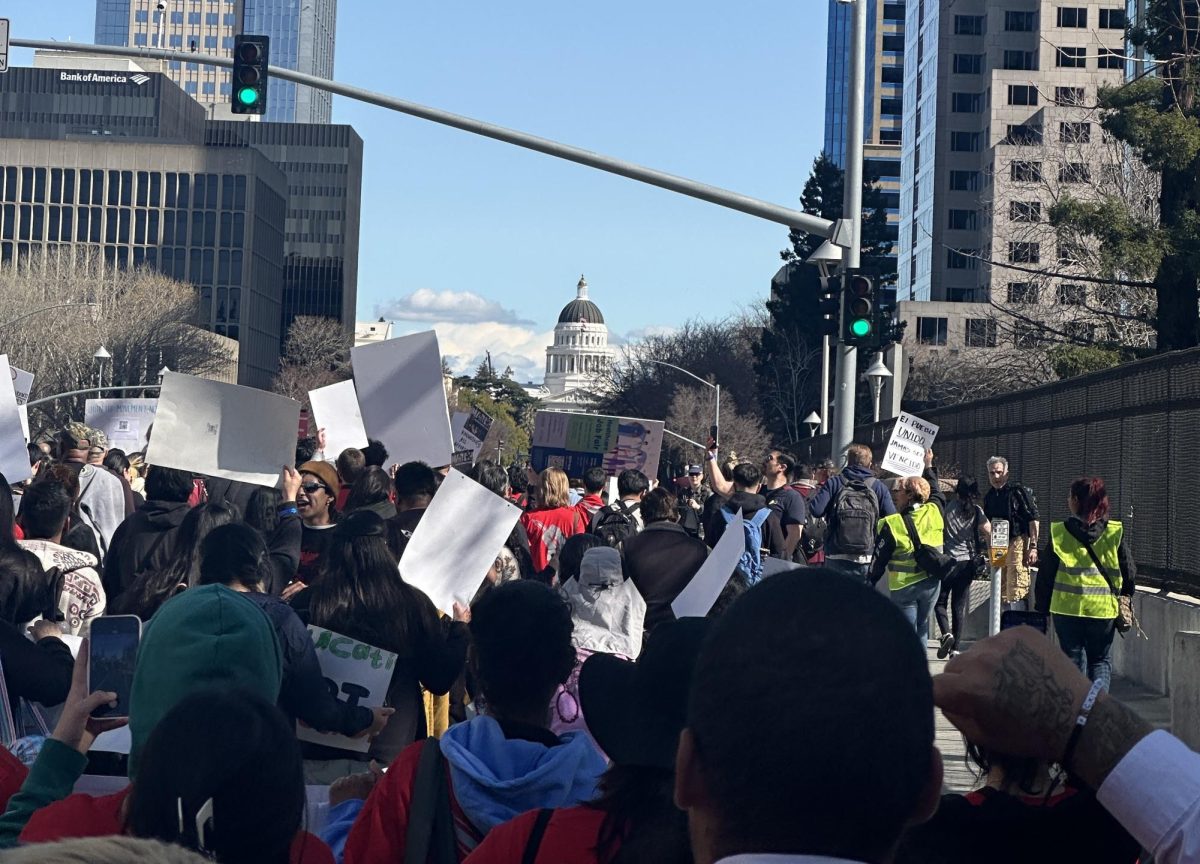The San Diego Community College District released Campus Safe and Sound, its annual security report, last month.
The 75-page report, updated each year, includes crime statistics from the previous year and the district’s safety policies.
Safe and Sound also includes crime statistics for all three SDCCD campuses.
The vast majority of arrests made at City College involved drugs or alcohol. There were six burglaries, one motor vehicle theft and one robbery, according to the report.
Violent crime has remained low, but there were six arrests for aggravated assault and 13 for weapons law violations.
“At a high level, I’m pleased to say that the number of incidents of violent crimes or major crimes against property at City College are very, very low,” Eckert said in an email.
“We do see between 40-50 drug arrests on the campus and on the public property immediately adjacent to the campus each year for the past three years, but again, considering the size of the campus and it’s proximity to a large urban setting, those are very low numbers.”
All schools that receive federal financial aid are required to put out this report under the Jeanne Clery Disclosure of Campus Security Policy and Campus Crime Statistics Act.
Jeanne Clery was a Rutgers University student who was murdered in 1986. The Act, named in her honor, gives current and prospective students a way to assess the safety of their school.
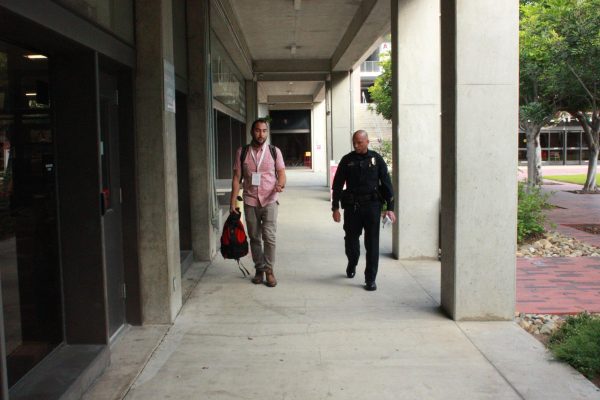
The report is overseen by the district Title IX Office, which investigates harassment, discrimination, or assault within the institution, and is a collaboration between a number of different departments, according to Amber Eckert, SDCCD’s Title IX Coordinator.
“What we put in our report is very prescriptive from the federal government … but they tell us you have to have this policy, this policy, this policy, this policy,” said Eckert.
Those policies cover everything from sexual harassment to fires and earthquakes. It also details how the school will notify students and staff in the case of a crime or emergency.
The Title IX Office also offers a variety of supportive measures for all students and faculty, inclduing those impacted by sexual violence.
Those can range from police escorts on campus to accommodations within the classroom.
Any student or faculty member, who has been impacted by sexual violence can come to the office for help, no matter when or if it happened on campus.
“I like to say there’s no timeline on trauma,” Eckert said.

